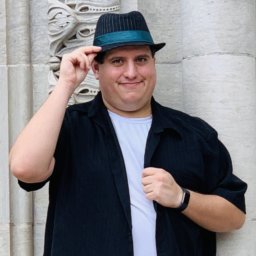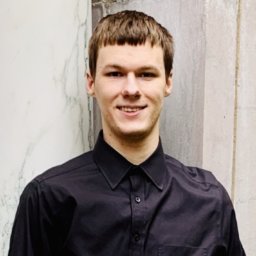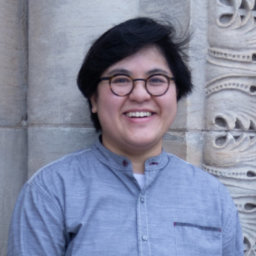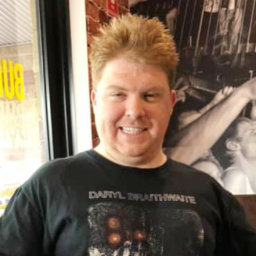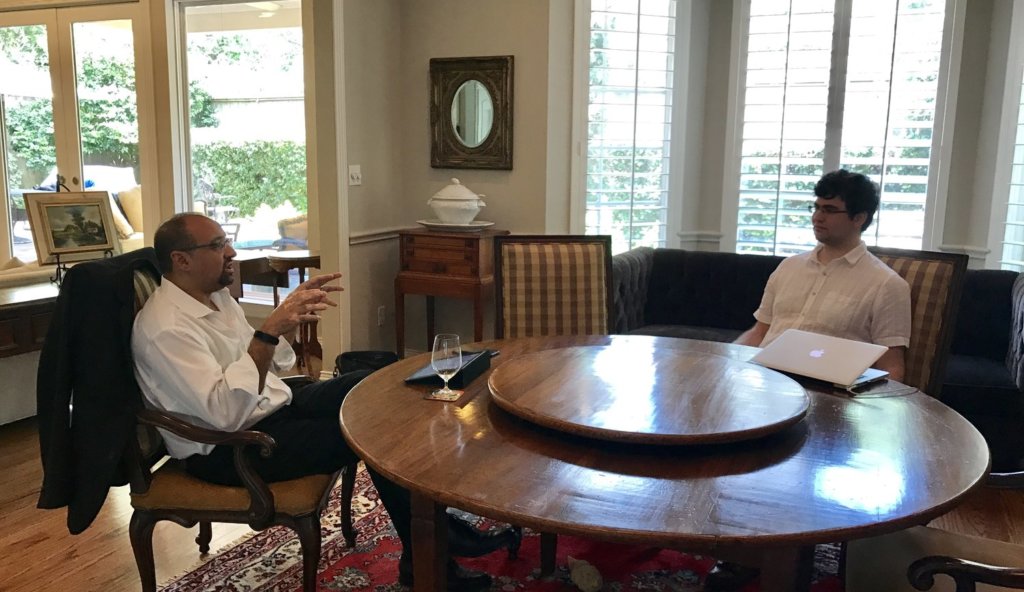
REFLECTION
As I sit here mulling over the past several months, I find myself reflecting on just how radically much of my life has changed. Having been asked to write about my experience with the organization known as Spectrum Fusion and their Reactor Room program, it dawns on me that in a very short period of time my life has grown to look very different from how it did just months ago, with the potential of further and even more substantial changes down the line.
For those who are not aware, Spectrum Fusion is an organization created by Dr. Heidi Ham, with the goal of better finding a place in the world for adults on the autistic spectrum, and the Reactor Room program is a program through which Dr. Ham reaches out to the community to find solutions and prospects for adults with autism that match their specific personalities and talents. What is special about Spectrum Fusion and the Reactor Room over other programs for adults with autism is that it does not try to “train the adults with autism to not be autistic,” by teaching them “how to act” in situations they might encounter. It does not basically instruct them to “suck it up” and bottle up all their extreme emotions and reactions. Understanding the triggers for such emotions, and learning how to create environments that are best for individuals with autism are essential to the program. Spectrum Fusion recognizes that a mismatch between the job and the adult with autism only tends to succeed in creating an employed but profoundly unhappy adult with autism; one who is gainfully employed and making money, but is coming home exhausted each day with no energy to pursue any further social life, personal goals, or hobbies. These adults often end up depressed and even suicidal because they feel trapped. They feel caught because they cannot pursue any sense of personal fulfillment because it is too important to keep the jobs that they actively hate.
Dr. Heidi Ham recognized this and formed Spectrum Fusion to offer an alternative entirely based around that sense of personal fulfillment. What is truly special about adults with autism is that many if not most of them are profoundly talented at specific activities. These activities are often very valued in our daily life and society, though often seen unachievable due to the way that the autistic are shoved into roles that they hate and can’t escape from.
Spectrum Fusion seeks to rectify this by reaching out to the community through its reactor room program, identifying positions and leads that could lead to gainful employment in positions where the adults with autism feel comfortable and fulfilled. By reaching out to community leaders, entrepreneurs, and those in positions similar to those the autistic adult is interested in, they can identify paths and means to better help the autistic adult achieve those positions, or ones enough like it that they are satisfied. Effectively, the point of the program is to bring the community to the autistic adult in question and work out ways to help both, forming a symbiotic relationship between the needs and talents of the individual and the needs of the community, as opposed to simply shoving the adult into a job they may end up hating that makes no use of their talents and calling it a success.
What’s truly remarkable about the whole process in my opinion though, is just how in depth and caring it is towards the adults in question.
SPECTRUM FUSION
I first met Dr. Ham through a common acquaintance by the name of Dr. Kate Loveland, who is on the board of Spectrum Fusion. Dr. Loveland was my mentor during the LEND (Leadership Education in Neurodevelopmental Disabilities) program. When I was first introduced to the concept of Spectrum Fusion and Dr. Ham’s vision, I was immediately skeptical. To say that the program sounded too good to be true was a vast understatement. I was of the mind that it was probably a scam of some kind and, if I’m to be honest, I actually thought that it might be some kind of cult. Despite only having been diagnosed properly with autism about a year and a half ago, I had already been subjected to a “training course” that was entirely ineffectual and did nothing to help me as an individual. With that said, I trusted Dr. Loveland’s judgment and the fact that she was on the board of the organization convinced me to get in contact with Dr. Ham for a meeting.
To say the meeting was immediately rewarding is an understatement. Dr. Ham is an incredibly charismatic and kind person who clearly cares about everyone she meets and has a vested interest in adults with autism and bettering their standard of living. But what struck me, in particular, was the mere fact that Dr. Ham truly took the time to get to know me as a person.
In the previously mentioned training course, I never felt like the people who were trying to help me actually cared about me as a person. I was just another “adult with autism” that they needed to “help” by providing exactly the same advice and directions that they were giving everybody else in the course. Advice and directions, mind you, that did not apply to me or any problem that I really had. And the moment that the course started introducing things that might have been relevant to me specifically, the course ended. We were told that the program had concluded and shoved out the door.
What courses like this fail to realize is something that is repeated in the psychological community many times; that if you meet one adult with autism, you’ve only met one adult with autism. Every person with autism experiences their disorder differently. It is a disorder with such a loose set of requirements that having ‘autism’ can mean nearly anything for the individual experiencing it. Unfortunately, this hasn’t seemed to sink in for many therapists and instructors who are used to treating more concrete problems that have greater commonalities between the individuals experiencing them. It felt like the program I’d been a part of was trying to cast as wide a net as possible to try and help as many of us as possible, without realizing that autism is not a schooling fish. They might have helped a few of the people in that program with their advice, which seemed to center around helping those with the most stereotypical version of autism like you see in movies and television, but the rest of us, whose problems are more unique to us as individuals were left out in the cold. When talking with other participants in that program, none of the ones I talked to seemed particularly pleased to be there or felt like they were getting anything out of it.
This is what makes Spectrum Fusion so unique. It doesn’t try to save time by assuming everybody with autism has the same issues. It doesn’t gather large groups of people and give them blanket advice without any regard for the needs and trials of the individual. Instead, Dr. Ham met with me one-on-one and got to know me as a person. We talked and had conversations like normal people simply being friendly, like people simply getting to know each other. And through these conversations, my problems, dreams, goals, and needs came up naturally and organically.
Simply talking to me one-on-one and identifying my own personal needs and problems as an individual and not just another “adult with autism” already put Spectrum Fusion head-and-shoulders above my previous experiences but my expectations continued to be defied. We continued to meet, usually once a week (with phone calls in between) and continued to discuss options and potential leads. Most of these meetings were one-on-one, but sometimes more experienced people from the community were brought in to help further clarify what would be needed to try and achieve my various goals.
THE REACTOR ROOM EVENT
Then came the night of the actual Reactor Room event itself, where people were brought in from all over the community to help further identify paths and plans for me.To call this event humbling would be an understatement. I was an individual being focused upon by multiple people, all of whom sought to help me. It was a far cry from being part of a massive group being talked at in blanket statements by a single individual who was trying to “help” as many people as possible as quickly as possible and then get them out of there. Seeing all of these people there for me (as well as the one other person who was being aided that night), was intimidating, but in a very humbling and uplifting way. It was only a single night of the experience and only lasted for a few hours, but it made a vast impression.
Since then, multiple opportunities have opened up for me, and with the continued help of Dr. Ham, we are looking into and pursuing them. For the first time in a long time, I am hopeful and I feel like my life might actually have a direction again.
TAKEAWAY
If it is not clear, I would absolutely recommend that adults with autism and their families look into Spectrum Fusion and see what it can do for them. When I asked Dr. Ham if the process she’d gone through with me was the same process she intended to go through with everybody who joined the program, and she said that it absolutely was, that clinched it for me. I would not recommend the program if I felt I was special simply because I got onto the train early. It’s a daunting task ahead of Dr. Ham, but I feel if anyone can pull it off it’s her and the support network she’s built.

